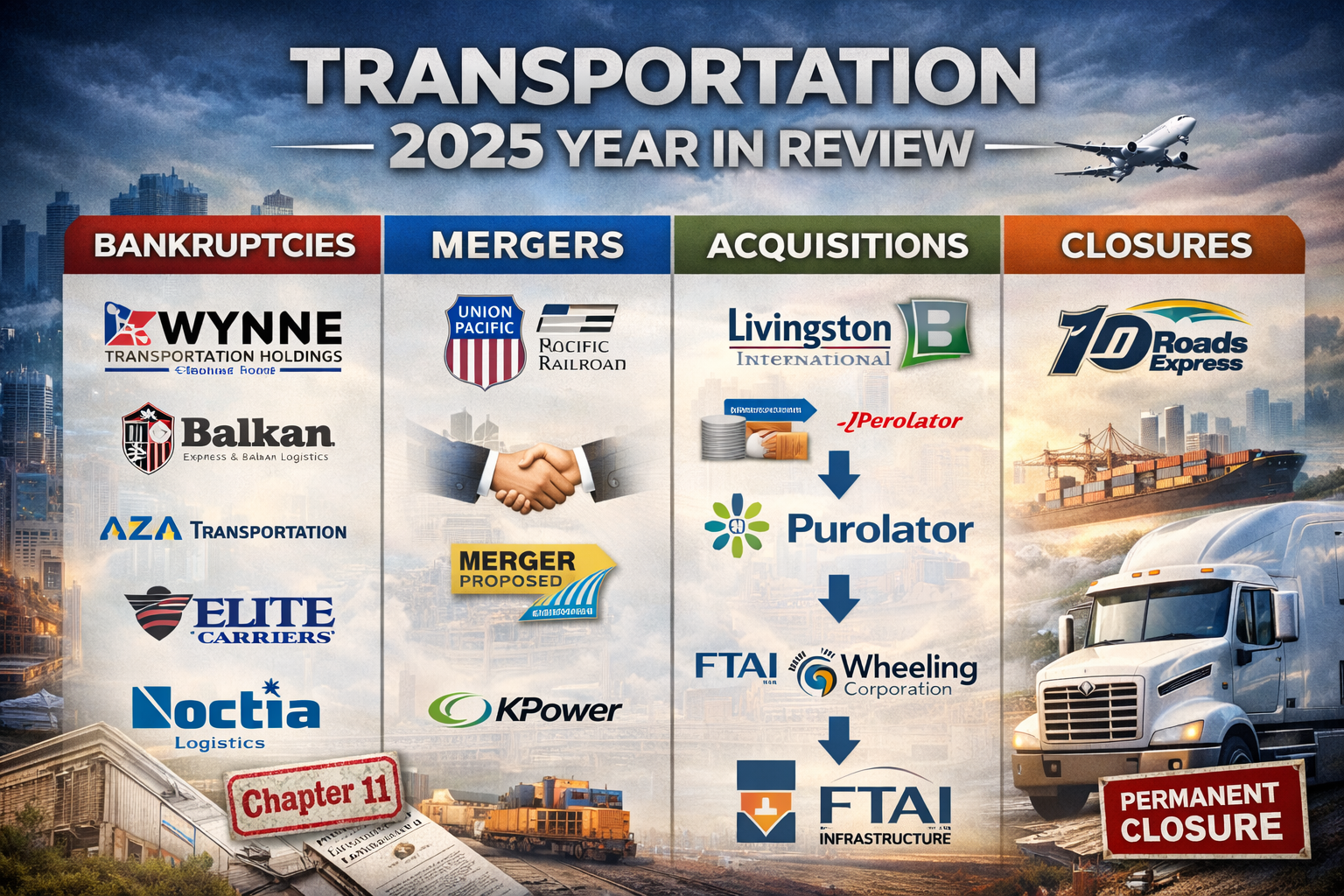Types of State Tax Audits in Trucking
Share this Article:
Trucking companies face audits from multiple state agencies, each focused on different areas of tax compliance. Knowing what triggers these reviews and how they operate helps reduce risk, protect records, and avoid unnecessary penalties, interest charges, or operational disruptions. Proper preparation starts long before an auditor arrives.
Sales and Use Tax Audits
Sales and use tax audits target transactions involving parts, equipment, repairs, and services. For trucking companies, auditors often focus on whether exemptions were properly claimed or if tax was applied correctly across state lines. Common issues include missing resale certificates, tax paid on non-taxable items, or failure to collect tax on billable services. States may also question sourcing rules and whether sales were reported in the correct jurisdiction.

These audits typically cover three to four years of records and may expand based on findings. Improper classification or lack of documentation often leads to assessments. Preparing ahead with organized invoices, exemption files, and purchasing records helps reduce the chance of adjustments during the audit. Strong sales tax compliance practices significantly improve audit outcomes and reduce exposure.
IFTA Audits (International Fuel Tax Agreement)
IFTA audits examine the accuracy of fuel tax reporting across jurisdictions where a carrier operates. States review mileage, fuel purchases, and trip records to verify that tax liabilities were correctly calculated and reported. Incomplete or inconsistent documentation often results in adjustments, interest, or penalties.
Auditors typically look for gaps between reported usage and actual operations. Missing trip sheets, inaccurate odometer readings, or non-matching fuel receipts are common triggers. IFTA requires precise tracking, and states expect carriers to retain detailed records for each reporting cycle. Maintaining accurate mileage logs, fuel receipts, and route data is key to reducing risk during these audits and avoiding expensive corrections later. Consistency across systems strengthens credibility.
IRP Audits (International Registration Plan)
IRP audits focus on how registration fees are apportioned among states based on fleet mileage. For trucking companies, this means maintaining complete records that support distance traveled in each jurisdiction. Discrepancies between reported miles and actual operations can lead to fee adjustments, back payments, and fines.
Auditors examine mileage summaries, trip reports, and vehicle logs to confirm accuracy. Inconsistent data or missing documentation often leads to revised calculations that raise registration costs. Accurate logs, odometer readings, and route records are required to defend filings. Companies operating across multiple states must pay close attention to recordkeeping for every vehicle. Audits may include comparisons against IFTA data.
State Highway Use and Weight-Distance Tax Audits
Some states charge highway use or weight-distance taxes based on vehicle weight and miles traveled within their borders. These audits assess whether the correct tax was calculated and remitted based on actual use. States frequently review mileage and vehicle configuration to verify obligations.
States known for auditing in this area include:
- Kentucky
- New Mexico
- New York
- Oregon
Common audit triggers:
- Underreported in-state miles
- Misclassified vehicle weights
- Missing or inconsistent trip records
Carriers must keep detailed logs that reflect actual routes. For fleets running heavy equipment or operating regularly in taxed states, strong tracking habits reduce exposure. Auditors may also check for consistency across related filings.
Excise and Fuel Tax Audits
Excise and fuel tax audits focus on how taxable fuel is purchased, stored, and used. These reviews often involve checking bulk fuel purchases against operational fuel usage. Auditors may request inventory logs, delivery tickets, and usage summaries to validate reporting.
Discrepancies between gallons bought and gallons used, or missing records, often lead to assessments. If fuel is consumed off-road or for exempt purposes, proper documentation is needed to justify those claims. States frequently coordinate
transportation taxes across programs like IFTA or
sales tax audits, increasing the scope. Organized fuel records and receipts help limit liability during these reviews. Fuel shrinkage, idle time, and tank storage should also be documented.
State Business Activity and Nexus Audits
These audits assess whether a trucking company has created a taxable presence (nexus) in a state through business operations. Nexus is often triggered through in-state activities that exceed filing thresholds.
Activities that may create nexus include:
- Employee travel or dispatching from the state
- Repeated in-state deliveries
- Leasing terminals or drop yards
- Remote staff or field service operations
Auditors analyze shipping patterns, customer locations, and operational records to determine if registrations and tax filings should have occurred. Unaddressed exposure can lead to multi-year assessments. A proactive review helps uncover risk early and reduces complications. Operations involving drop-and-hook freight or third-party logistics may also be reviewed.
Audit Process and Enforcement Trends
State agencies are stepping up enforcement in transportation, using data analysis and third-party sources to identify inconsistencies. Audits today often begin quickly, require rapid response, and involve broader scopes.
Current enforcement trends include:
- Cross-checking IFTA, IRP, and sales tax data
- Flagging inconsistent or incomplete filings
- Shorter response windows for audit inquiries
- Use of third-party fuel and mileage data
Audits usually start with a three- to four-year window. If discrepancies are found, the audit may widen. Organized records and early reviews of high-risk areas strengthen your position during the process. These reviews often focus on
indirect tax obligations that span state lines. Staying audit-ready reduces disruption.
The Cost of Noncompliance
Failure to comply during a state audit can result in serious financial and operational consequences. Penalties, interest, and back taxes often add up quickly, especially when documentation is incomplete. In some cases, permits may be suspended or revoked.
Beyond penalties, unresolved audits can delay IFTA, IRP, and other credential renewals. For
multi-state operators, one failed audit may trigger reviews in other jurisdictions. Responding under pressure wastes time and resources. Prioritizing accurate records and internal compliance reviews lowers long-term exposure and helps maintain uninterrupted operations across jurisdictions. Costs can escalate fast when filings are not properly managed.
How Transportation Tax Consulting Can Help

Transportation Tax Consulting specializes in helping trucking companies manage audits across all state tax types. Our team identifies potential issues, organizes key documentation, and guides clients through each step of the audit. We help companies respond clearly, reduce assessments, and avoid repeat errors.
Learn more about
our services, built specifically for transportation businesses seeking audit readiness and improved compliance.
Schedule a consultation today to protect your operations, minimize audit risk, and stay ahead of enforcement activity.
Share with Us:




